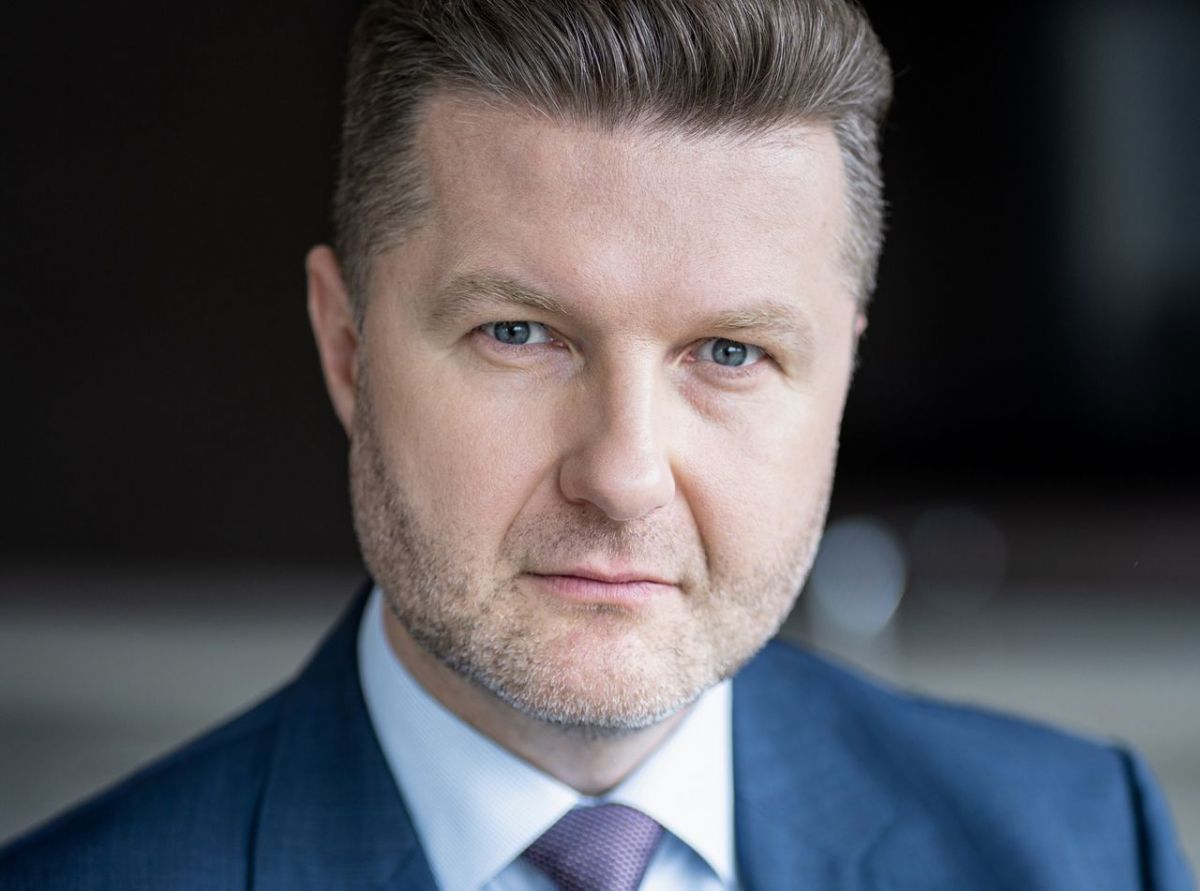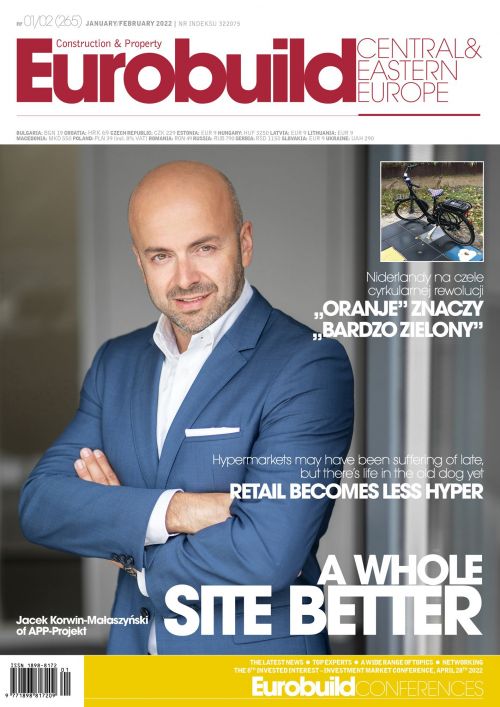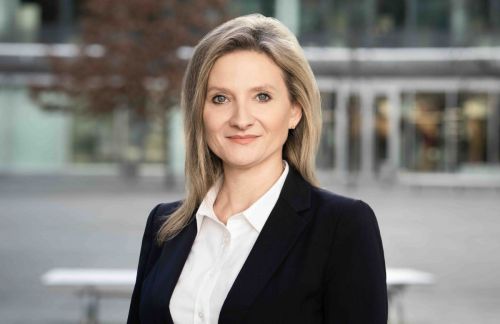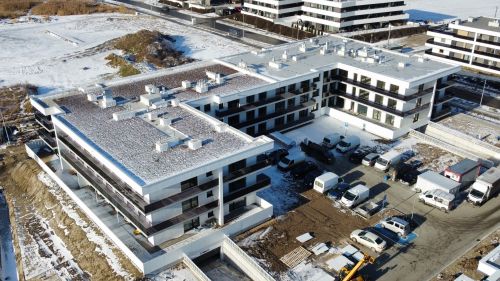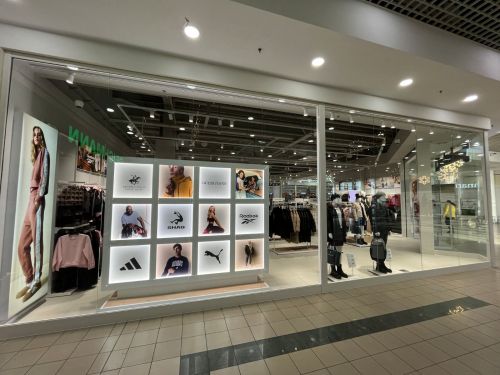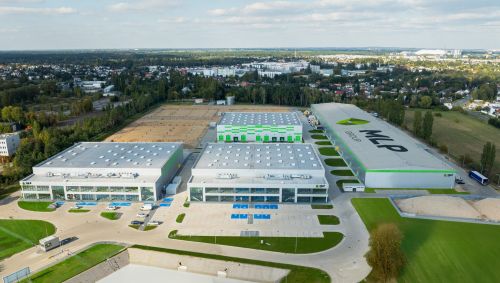For the last few years your name has been associated with Panattoni. Why have you decided to move on to MDC2?
Maciej Madejak, the new chief development officer and founder of MDC2: There are many reasons, but the main one is that MDC2 is an exceptional company that’s been solidly built from the foundations up. On the one hand, it’s structured like a stock exchange listed company, with an independent board of directors to oversee the company, its activities and its management; and on the other, it’s really a startup, which means its structure has not yet been built up, since it’s been operating for less than a year. Here, I can use all of my 25 years of experience in the sector, since I’m both a co-founder and part of the management – and I can also set the direction for the firm’s future growth.
In the first eleven months of its operations, MDC² has launched projects for the construction of more than 260,000 sqm of warehousing. Any ot
